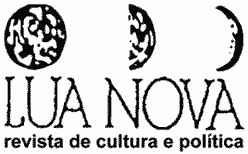Abstract
The maintenance of social stability has been considered by the Communist Party of China (CPC) as a prime condition for maintaining its national hegemony, yet, repression of the Uyghur ethnic minority has fueled separatist movements. This paper analyzes the development of the radical Islamic movement in China and its interaction with other groups in Central Asia and with state repression. First, it discusses the development of extremist activity by Islamic groups in Central Asia, hereafter, it analyzes their interaction with the Uighur separatist movement and the policies of development and repression addressed by the CPC as means to dissuade the separatist impetus. Central Asian Islamic radicalism and ethnic conflicts are shown to be sources of instability that may threaten the territorial integrity and integration projects of China. However, suppressing the Uighur culture, religion and customs and trivializing the concept of terrorism can have an effect other than expected on the part of the CPC, stimulating the radicalization of separatist groups.
Keywords:
Xinjiang; Panturkism; Uyghurs; Central Asia; Separatism; Integration
